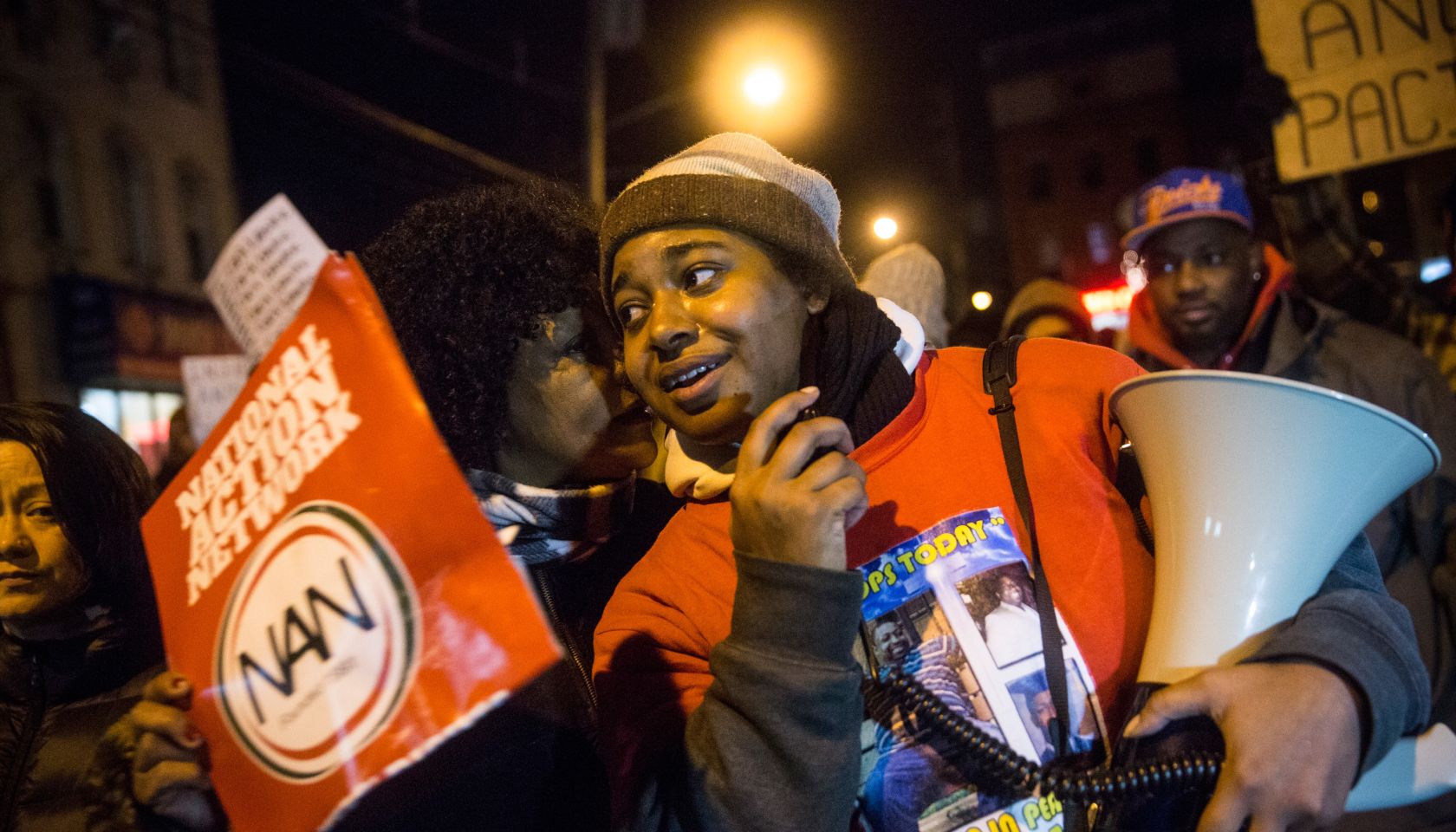Thomas Farr Nomination Comes With Racist White Supremacy History
Trump’s ‘Farr’ Right Judicial Nominee Is Too Racist For The Bench
The Rev. William Barber II, the former longtime president of the North Carolina NAACP, slammed President Donald Trump’s judicial nominee Thomas Farr, calling him “a product of the modern White supremacist machine,” he wrote in The New York Times.
RELATED: Video: Trump’s Attempt To Whitewash Federal Judges Backfires Miserably
Farr was a protégé and legal counsel to former Sen. Jesse Helms (R-N.C.), who “pioneered” contemporary tactics to suppress the Black vote and who has a long racist history, Barber said. “This alone is reason to reject his nomination, as is his apparent lying on the topic to the Senate Judiciary Committee,” he added.
The Senate is considering Farr’s nomination for the US District Court for the Eastern District of North Carolina. In his op-ed, Barber fleshed out the extensive links between Farr and Helms, who died in 2008. The minister, who co-chairs the Poor People’s Campaign, traced a straight line from Helms’ racist political tactics to the rebirth of violent White supremacist activity, in places like Charlottesville. This warning about Farr comes after three previous Trump judicial nominations collapsed in recent weeks. One of the nominees defended the early Ku Klux Klan in an online post.
Here are a few of the reasons that alarm bells are sounding over the prospect of Farr becoming a federal judge:
1. Voter Suppression
Farr helped North Carolina create the state’s discriminatory election law that was so blatantly racist that the Fourth Circuit struck it down. The court saw clearly that new rules in the law targeted African Americans “with almost surgical precision.”
2. Voter Intimidation
Farr was part of the team that signed a consent decree with the Justice Department in 1992 to settle a DOJ complaint that Helms’ 1990 re-election campaign intimidated Black voters. Helms was running against the Black former mayor of Charlotte Harvey Gantt. Helms’ campaign sent postcards to 125,000 mostly Black eligible voters suggesting to them that they were ineligible to cast a ballot. It also warned that they could be prosecuted for voter fraud.
https://twitter.com/RojerAils/status/946098591294042113
3. Worker Rights And Discrimination
Farr worked for many years to weaken the rights of employees who alleged discriminatory practices in the workplace. In one case, he represented a waste industry company that refused to hire a woman driver because the job was “too hard and too rough for a woman.”
SOURCE: New York Times
SEE ALSO:
















